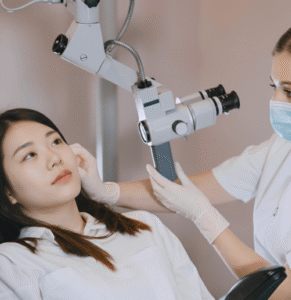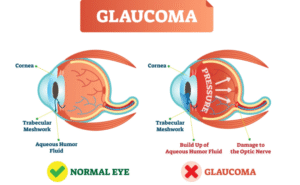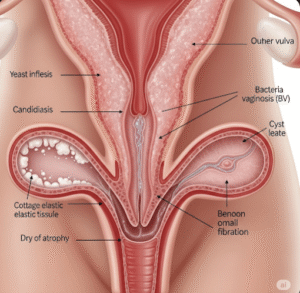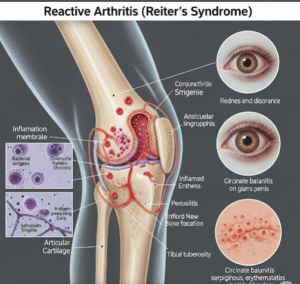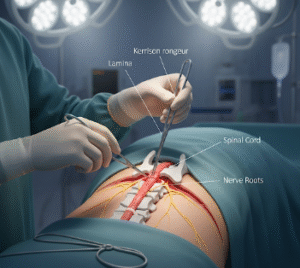Overview
Cardiogenic shock is a life-threatening condition in which the heart suddenly cannot pump enough blood to meet the body’s needs. It often occurs after severe heart damage, such as a heart attack, and can lead to multiple organ failure if not promptly treated. South Korea provides advanced cardiac care, emergency interventions, and specialized intensive care for patients with cardiogenic shock.
What is Cardiogenic Shock?
Cardiogenic shock is a state of inadequate tissue perfusion due to the heart’s inability to pump blood effectively. This leads to low blood pressure, reduced oxygen delivery to vital organs, and rapid progression to organ dysfunction. Early recognition and immediate treatment are critical for survival.
Symptoms
Symptoms usually appear suddenly and may include:
- Rapid, weak pulse
- Low blood pressure
- Shortness of breath
- Cold, clammy skin
- Confusion or loss of consciousness
- Chest pain
- Reduced urine output
Causes
Cardiogenic shock is most commonly caused by:
- Acute myocardial infarction (heart attack)
- Severe heart failure
- Arrhythmias (abnormal heart rhythms)
- Cardiomyopathy
- Heart valve disorders
- Myocarditis (inflammation of the heart muscle)
Risk Factors
- History of heart disease or heart attack
- Advanced age
- Diabetes or hypertension
- Previous episodes of heart failure
- Coronary artery disease
- Severe myocardial injury
Complications
- Multiple organ failure due to inadequate blood flow
- Severe hypotension leading to shock
- Cardiac arrest
- Kidney, liver, or brain damage from prolonged low oxygen delivery
- Death if not treated promptly
Prevention
- Prompt treatment of heart attacks and heart failure
- Management of risk factors: controlling blood pressure, diabetes, and cholesterol
- Regular cardiac check-ups for at-risk individuals
- Lifestyle modifications: balanced diet, exercise, smoking cessation
Treatment Options in Korea
South Korea offers state-of-the-art cardiac care for cardiogenic shock, including emergency interventions and advanced intensive care.
- Emergency Care
- Immediate resuscitation with oxygen and intravenous fluids
- Continuous cardiac monitoring in ICU
- Medications
- Inotropes (e.g., dobutamine, dopamine) to strengthen heart contractions
- Vasopressors (e.g., norepinephrine) to maintain blood pressure
- Diuretics for fluid overload management
- Anticoagulants to prevent clots
- Interventional Procedures
- Percutaneous coronary intervention (PCI) for heart attack-related shock
- Mechanical support devices such as intra-aortic balloon pump (IABP) or ventricular assist devices (VAD)
- Emergency surgery for severe valve or structural heart problems
- Post-Stabilization Care
- Cardiac rehabilitation programs
- Long-term heart failure management
- Lifestyle and dietary counseling
- Regular follow-ups at specialized cardiac centers


